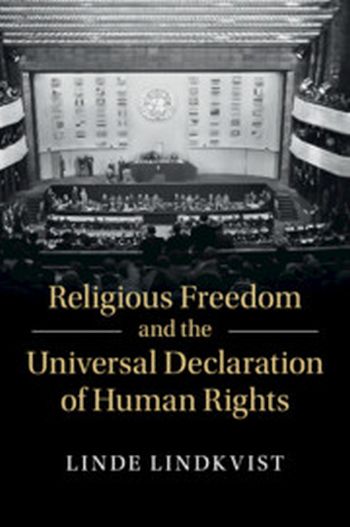
Article 18 of the Universal Declaration of Human Rights (1948) is widely considered to be the most influential statement on religious freedom in human history. Religious Freedom and the Universal Declaration of Human Rights provides a groundbreaking account of its origins and developments, examining the background, key players, and outcomes of Article 18, and setting it within the broader discourse around international religious freedom in the 1940s. Taking issue with standard accounts that see the text of the Universal Declaration as humanity's joint response to the atrocities of World War II, it shows instead how central features of Article 18 were intimately connected to the political projects and visions of particular actors involved in the start-up of the UN Human Rights program. This will be essential reading for anyone grappling with the historical and contemporary meaning of human rights and religious freedom.